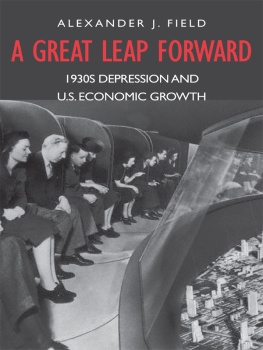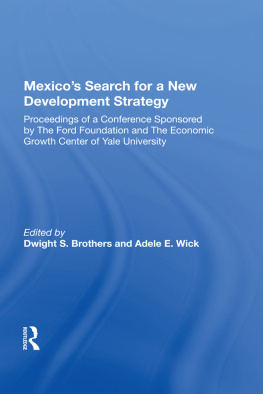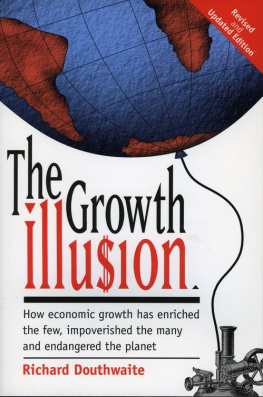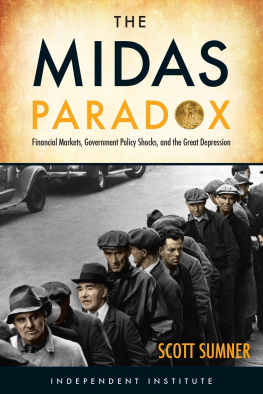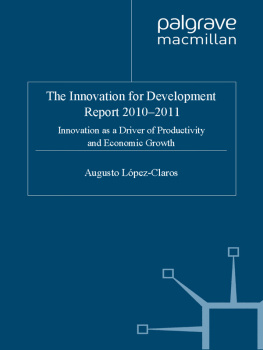Alexander J. Field Ph.D. - A Great Leap Forward: 1930s Depression and U.S. Economic Growth
Here you can read online Alexander J. Field Ph.D. - A Great Leap Forward: 1930s Depression and U.S. Economic Growth full text of the book (entire story) in english for free. Download pdf and epub, get meaning, cover and reviews about this ebook. year: 2012, publisher: Yale University Press, genre: Politics. Description of the work, (preface) as well as reviews are available. Best literature library LitArk.com created for fans of good reading and offers a wide selection of genres:
Romance novel
Science fiction
Adventure
Detective
Science
History
Home and family
Prose
Art
Politics
Computer
Non-fiction
Religion
Business
Children
Humor
Choose a favorite category and find really read worthwhile books. Enjoy immersion in the world of imagination, feel the emotions of the characters or learn something new for yourself, make an fascinating discovery.
- Book:A Great Leap Forward: 1930s Depression and U.S. Economic Growth
- Author:
- Publisher:Yale University Press
- Genre:
- Year:2012
- Rating:5 / 5
- Favourites:Add to favourites
- Your mark:
A Great Leap Forward: 1930s Depression and U.S. Economic Growth: summary, description and annotation
We offer to read an annotation, description, summary or preface (depends on what the author of the book "A Great Leap Forward: 1930s Depression and U.S. Economic Growth" wrote himself). If you haven't found the necessary information about the book — write in the comments, we will try to find it.
Alexander J. Field takes a fresh look at growth data and concludes that, behind a backdrop of double-digit unemployment, the 1930s actually experienced very high rates of technological and organizational innovation, fueled by the maturing of a privately funded research and development system and the government-funded build-out of the countrys surface road infrastructure. This signficant new volume in the Yale Series in Economic and Financial History invites new discussion of the causes and consequences of productivity growth over the past century and a half and of our current prospects.
Alexander J. Field Ph.D.: author's other books
Who wrote A Great Leap Forward: 1930s Depression and U.S. Economic Growth? Find out the surname, the name of the author of the book and a list of all author's works by series.

